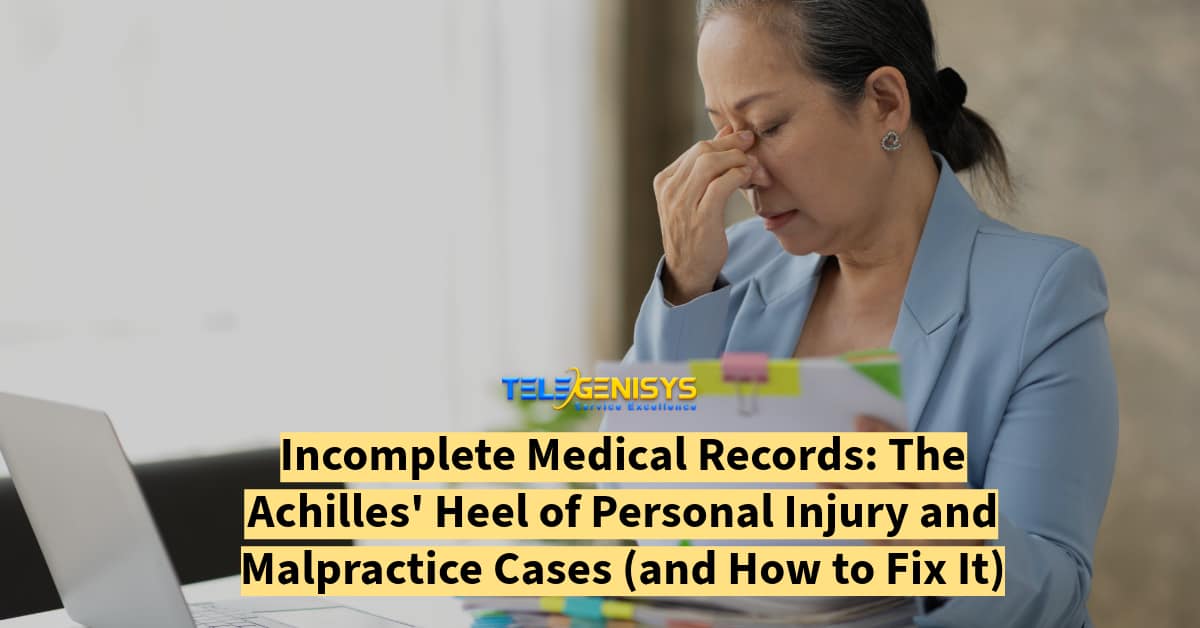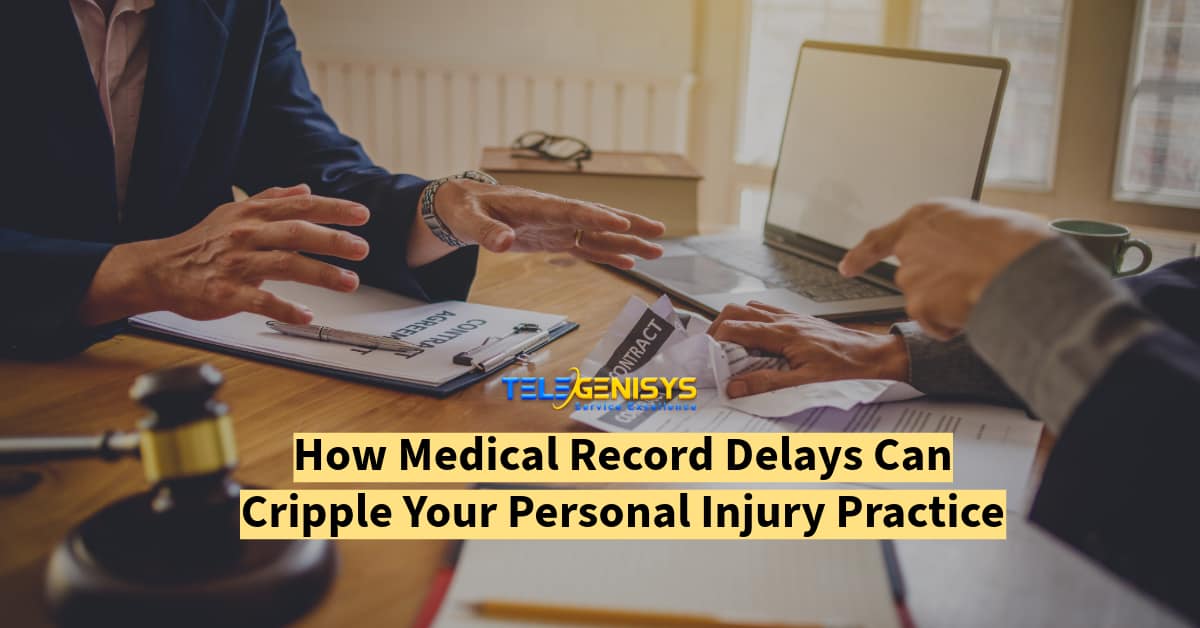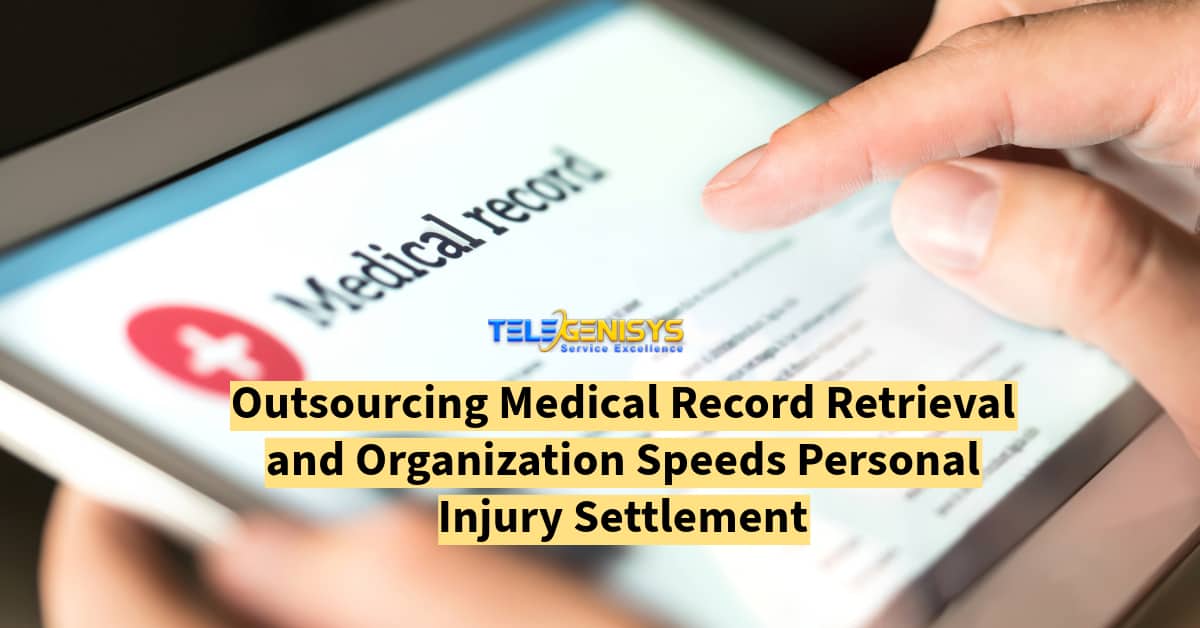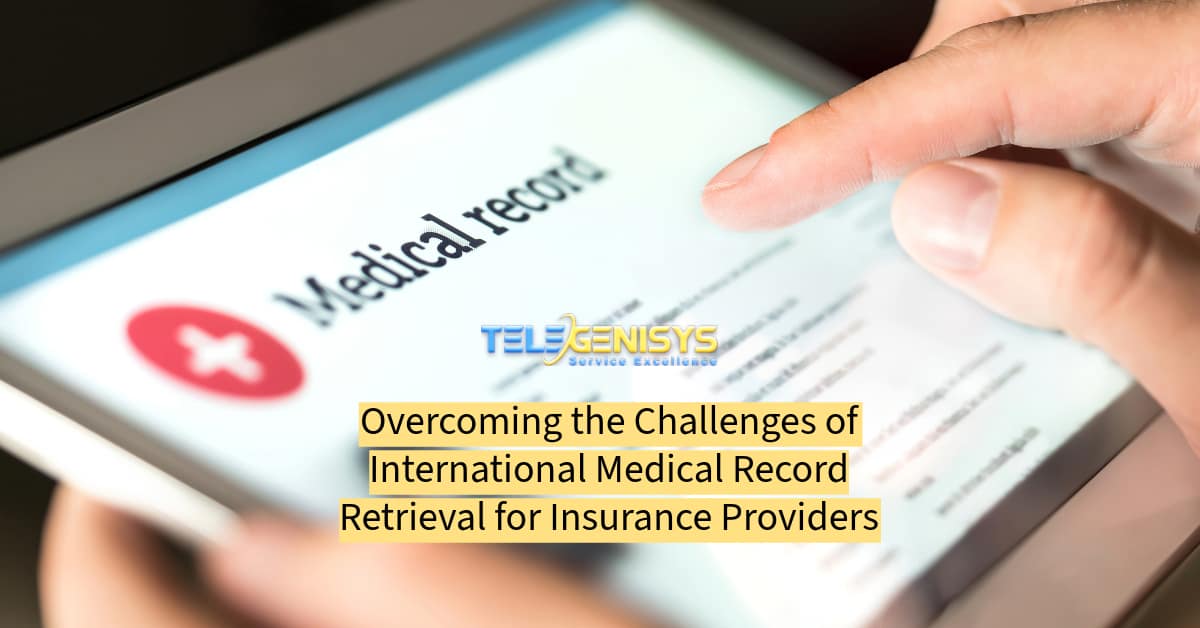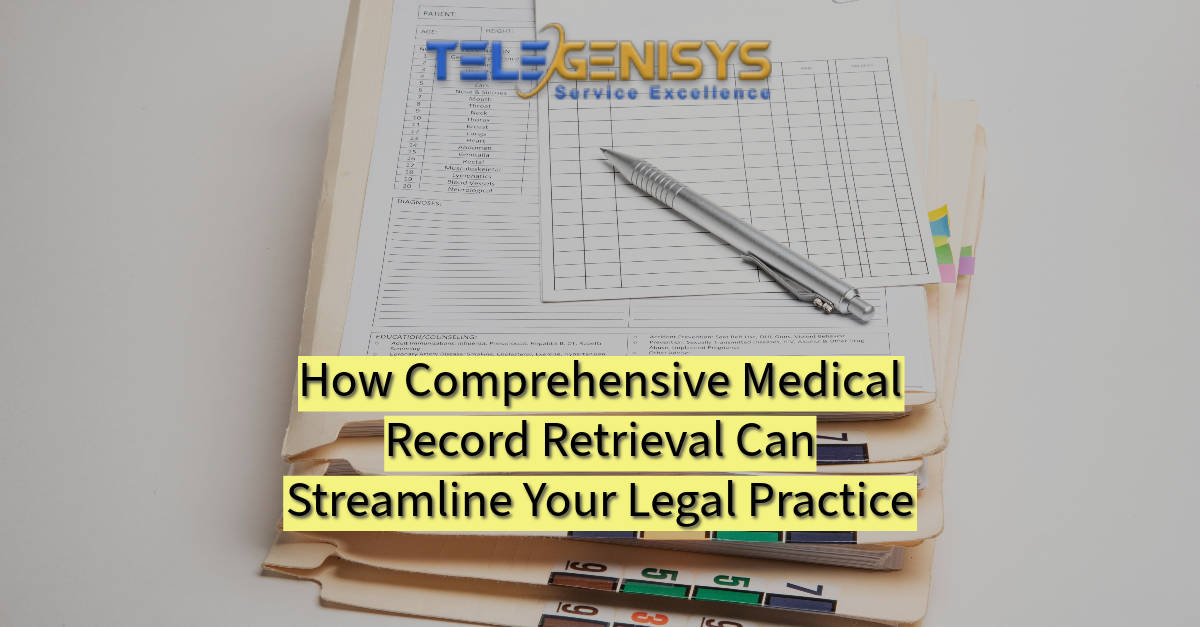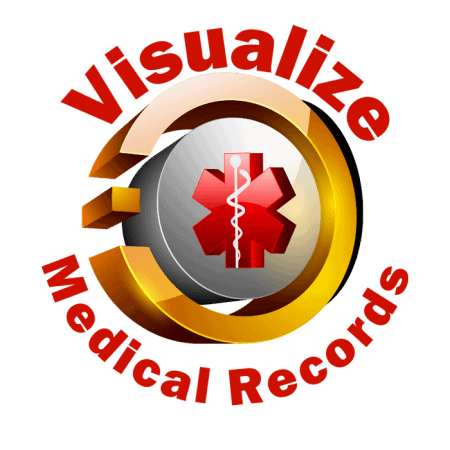Medical information release form – HIPAA regulations
A medical information release form is required for a third party to obtain protected health information. HIPAA mandates that only those directly involved in the patient’s care or those billing for the cost of that care are able to have access to the patient’s medical records.
The medical information release form is generated by the healthcare provider. This form must detail the exact nature of the information that is going to be released, the party to which that information will be released, and the duration for which that information will be available.
The form must be written in clear English so there is no misunderstanding as to what the patient is agreeing to all on all three aspects of the release. Once the form is drafted, it must be authorized by a signature from the patient before becoming valid. Failure to use a medical information release form before disclosing protected health information could result in a fine or penalty for failure to comply with HIPAA regulations.

 Telegenisys managers host moderated blogs with updates weekly or more often. We hope you will enjoy our blog streams.
Telegenisys managers host moderated blogs with updates weekly or more often. We hope you will enjoy our blog streams. 